Table of Contents
ToggleIntroduction: Why Industry Insights Matter When Evaluating Jib Crane Price
When it comes to purchasing industrial lifting equipment, understanding jib crane price is more than comparing numbers on a quote. To make a well-informed decision, insights from seasoned installers and crane industry experts are invaluable. Their experience sheds light on the nuances of pricing, real-world installation challenges, and value-adding upgrades that may not be obvious to first-time buyers.
This guide brings together expert perspectives to help you evaluate true jib crane costs—combining practical knowledge, operational considerations, and long-term budgeting strategies.
The Basics: What Influences Jib Crane Price
Before diving into professional insights, let’s review the key factors that consistently affect pricing:
- Crane type (wall-mounted, freestanding, articulating)
- Load capacity and span
- Rotation mechanism (manual or motorized)
- Hoist type and lifting height
- Installation complexity
- Material finishes and environmental protection
For a structured view, consult the Jib Crane Price Checklist: Budgeting for Add-Ons and Upgrades.
Expert Insight #1: Price Is a Function of Application
According to installation specialists, many pricing mistakes occur because buyers select cranes based on price rather than operational fit.
“You don’t spec a 2-ton floor-mounted crane for a tight workspace just to save money. It’ll cost you more in downtime and modifications later.”
Pro tip: Always match the jib crane’s capacity, span, and type to your specific workflow and floor space constraints.
Expert Insight #2: Installation Often Costs More Than Expected
Installers emphasize that while customers budget for the crane, they often overlook structural or site-related installation costs. These can include:
- Foundation reinforcement or pouring new concrete
- Modifying existing structures for wall-mounted cranes
- Complying with local safety and electrical codes
For an accurate understanding of these expenses, explore Jib Crane Price and ROI: Calculating Long-Term Value.
“We’ve seen clients spend $10K on the crane but another $7K on installing it. And that’s not including the downtime.” — Crane Installation Supervisor
Expert Insight #3: Don’t Skip on Quality to Save on Price
Crane technicians consistently warn against cutting costs by choosing low-quality or unbranded cranes.
“It might look like a bargain until you deal with frequent breakdowns, hard-to-source spare parts, or no local support.”
Key quality indicators to evaluate:
- Weld quality and structural finish
- Load testing certifications
- Hoist manufacturer brand and rating
- Warranty duration and coverage
To assess long-term value, refer to Jib Crane Price vs. Quality: Choosing the Right Manufacturer.
Expert Insight #4: Think in Terms of Lifecycle Cost
Manufacturers and financial analysts agree: the purchase price is just a fraction of your crane’s total lifecycle cost. Here’s how experts recommend evaluating total cost:
- Initial purchase (base crane + add-ons)
- Installation and commissioning
- Scheduled maintenance and spare parts
- Energy consumption and usage efficiency
- Resale or trade-in value (for branded cranes)
“The cheapest crane is rarely the cheapest over five years.” — Sales Engineer, Industrial Lifting Equipment
Expert Insight #5: Upgrades Can Pay for Themselves
Installers suggest that buyers budget for smart add-ons that improve safety, productivity, and usability.
Recommended upgrades:
- Variable frequency drives (for smoother control)
- Load sensors and anti-sway systems
- Wireless remotes
- Motorized rotation for heavy loads
“If you’re moving 1,000 loads a week, motorized rotation and a VFD aren’t luxuries—they’re necessities.”
These features may raise the upfront price, but they increase operational efficiency and reduce long-term wear.
Cost Breakdown Example from a Real Installation
Here’s a realistic pricing snapshot based on a 2-ton freestanding jib crane project:
| Component | Estimated Cost |
|---|---|
| Base crane structure | $9,500 |
| Electric chain hoist | $3,000 |
| Motorized rotation add-on | $2,000 |
| Concrete foundation | $2,500 |
| Installation labor & testing | $1,800 |
| Permit & inspection fees | $500 |
| Total Investment | $19,300 |
Final Tips from the Experts
- Avoid one-size-fits-all cranes – Custom-fit equipment saves money over time.
- Work with certified installers – It ensures code compliance and safety.
- Ask for TCO quotes – Request line-item estimates, including installation, training, and spare parts.
- Plan for growth – Choose a crane with capacity to support future operational expansion.
Conclusion: Use Expert Insights to Make a Smarter Investment
Understanding jib crane price from an expert’s perspective helps buyers move beyond sticker shock and evaluate true value. By budgeting for real-world factors—like installation complexity, upgrade costs, and long-term performance—you gain a clearer picture of ROI and ensure your investment delivers operational efficiency for years to come.
To explore high-quality, customizable lifting solutions, visit Aardwolf’s range of crane products.

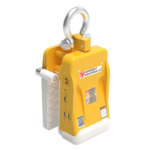
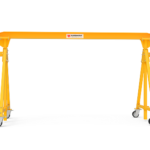
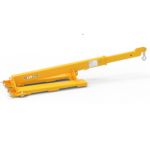
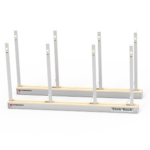
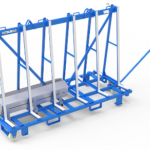
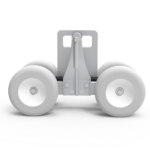
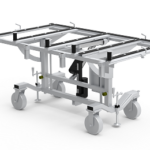
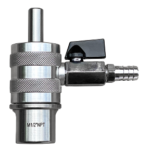
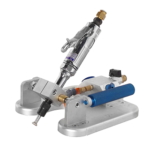
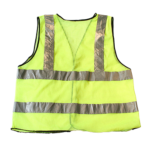
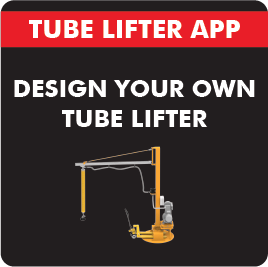
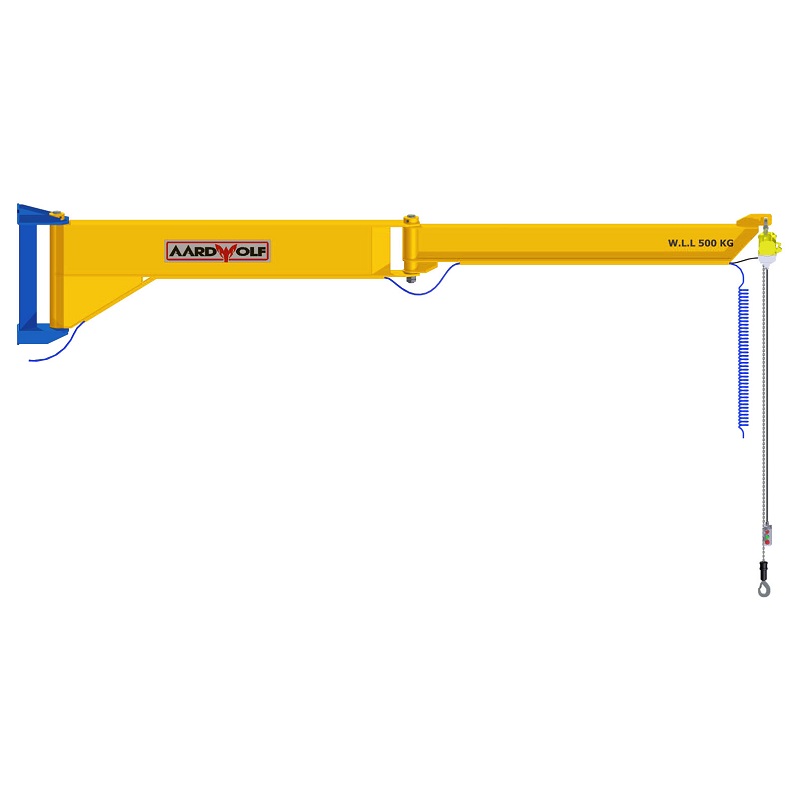
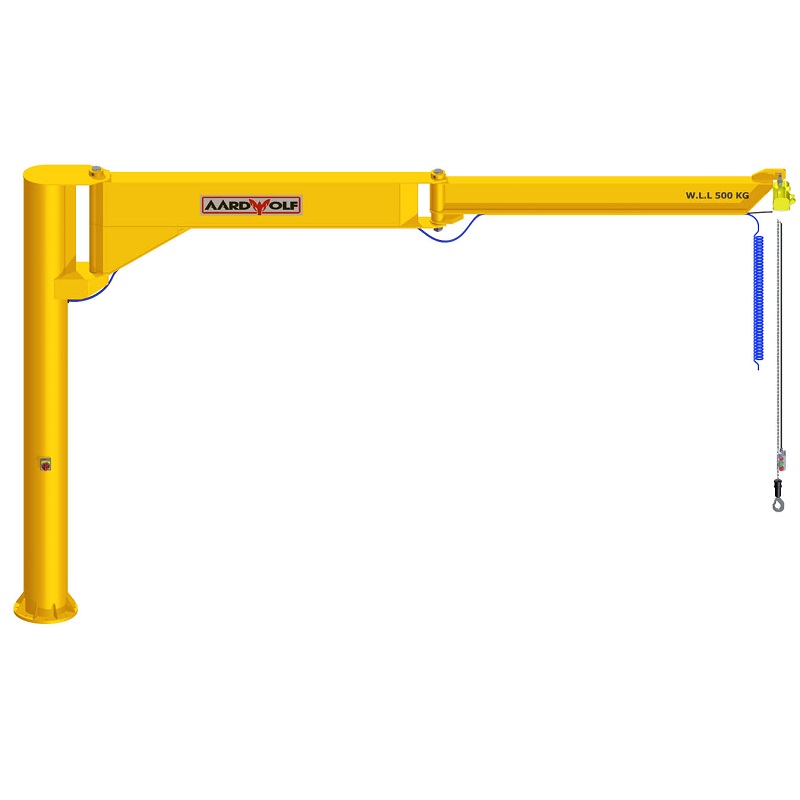
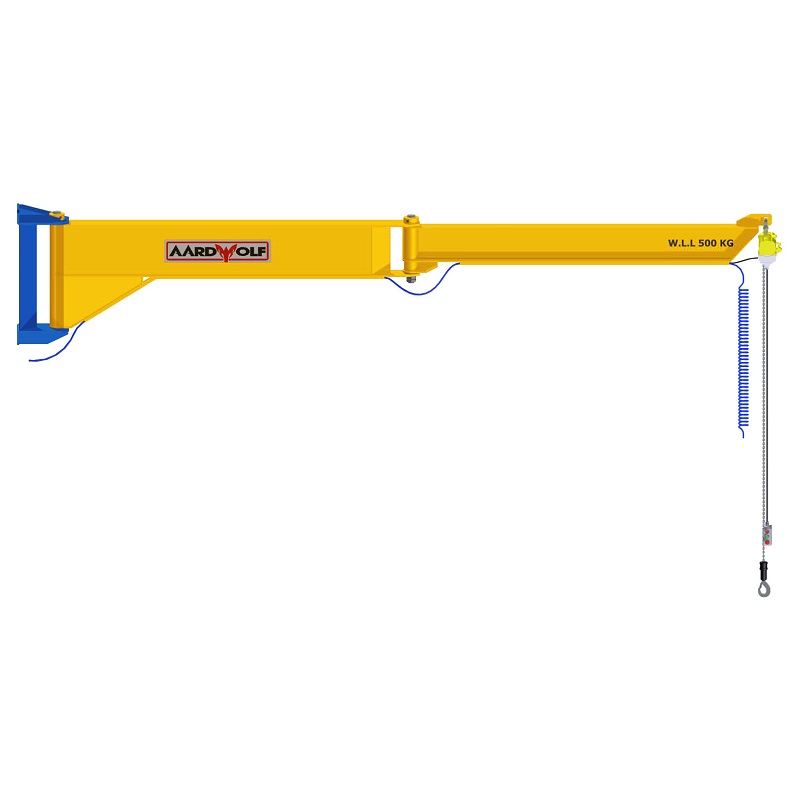
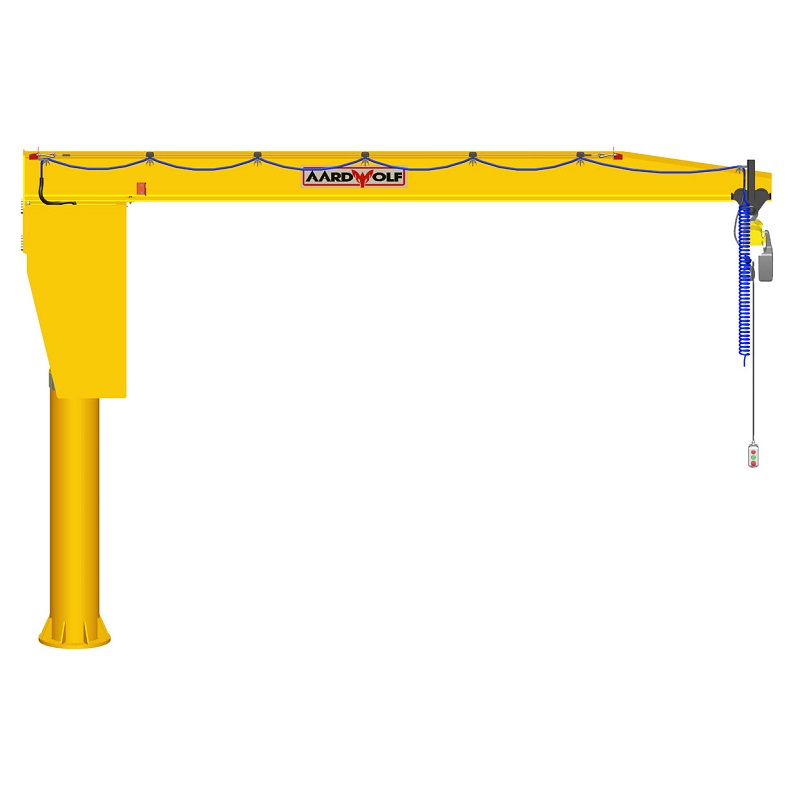


Please log in to leave a comment.